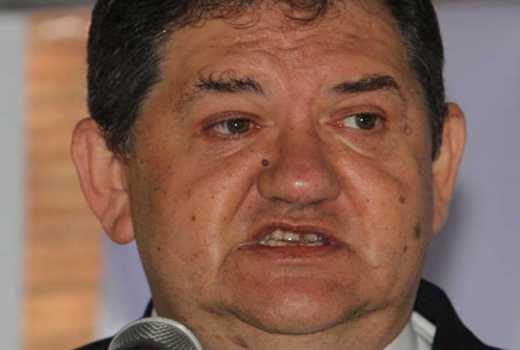×
The Standard e-Paper
Join Thousands Daily

NAIROBI, KENYA: The European Union has cut short funding of a controversial water tower project over human rights abuses.
This follows the killing of a member of the indigenous Sengwer community and shooting of another by Kenyan Forest Guards in Kapkok Glade, Marakwet.